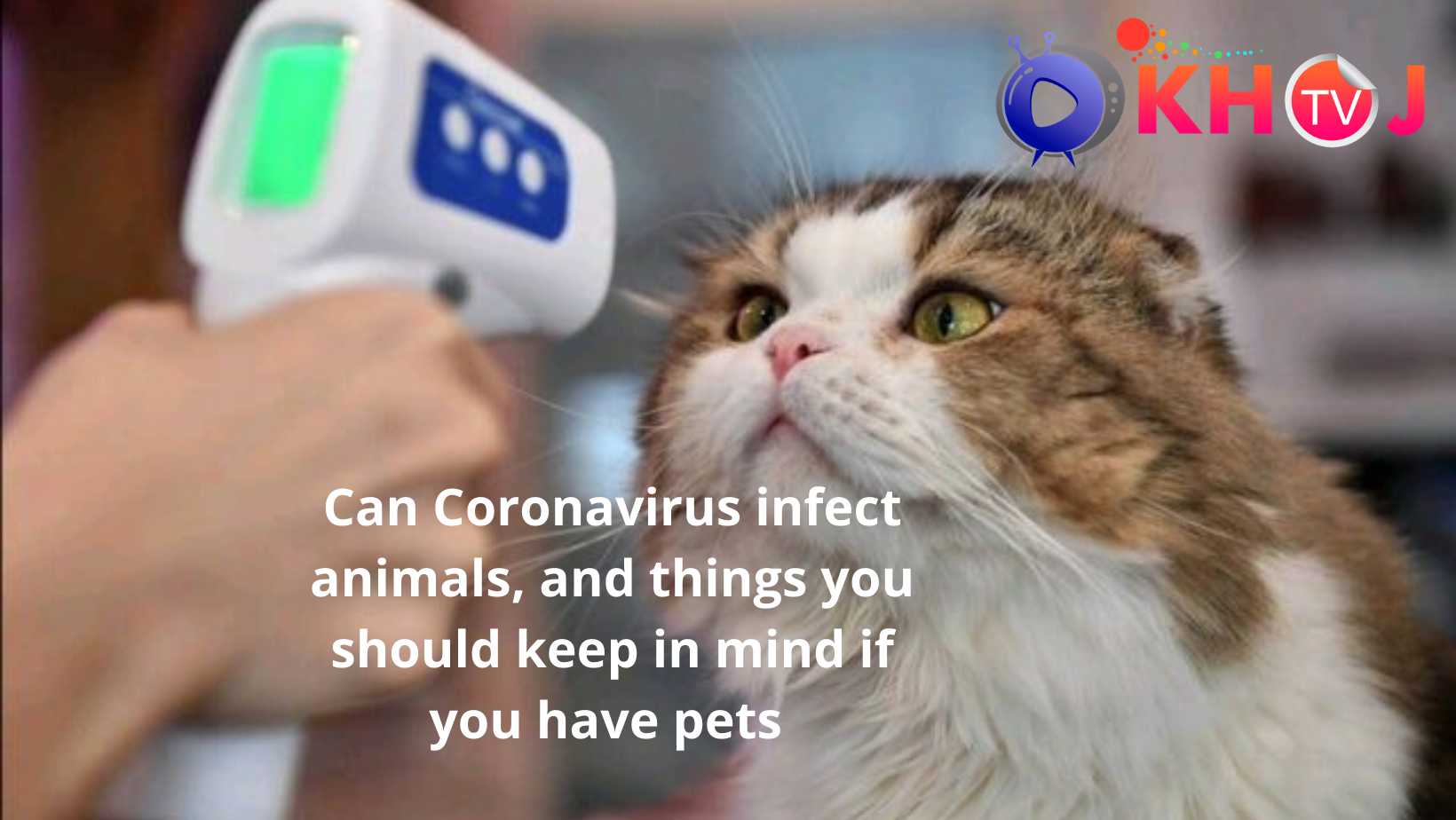Can Coronaviruses infect animals? Can animals transmit the disease to people? Are some of the popular questions among people nowadays. Today we will address some of these questions here. As of now, there are no significant studies to prove 100% that Coronavirus can infect animals. On the contrary, there are several corona-positive cases in animals that have been registered lately.
However, WHO initiated a study into the possibility of COVID infection spreading from humans to animals. WHO started this after a four-year-old female Malayan tiger at the Bronx Zoo tested somewhat positive for coronavirus.
But some veterinarians have argued that there is no particular case of human to animal reverse transmission. Well if we want to get some clarity let’s dig a little deeper. If you have a pet or frequently have contact with animals then you should not miss this.
Previous Coronavirus cases in animals
Recently in Chennai, Asiatic lions in the famous Arignar Anna Zoological Park have been tested positive for coronavirus. Based on the Ministry of Environment, Forest, and Climate change this is the first coronavirus positive case that we have witnessed in lions or any other animals in India.
In addition to this, Ranchi Zoological park also witnessed a similar case. A 10-year-old male tiger shiva had died after developing fever and loss of appetite. Later the management of Ranchi’s Birsa Munda Biological Park has issued a directive to prevent such situations.
If we consider other countries also, till now there are several pet cats and dogs that have been reported COVID positive. Along with this, several animals in Zoos and Sanctuaries have tested positive including big cats and gorillas. They all have shown signs of sickness after being exposed to an animal caretaker with COVID-19 positive.
There are several types of coronaviruses
Based on research, Coronaviruses are a large family of viruses. There are several types, some of them cause cold-like illnesses in people, while others cause illness in certain types of animals. Animals like cattle, camels, and big cats. However, there is no evidence that animals play a significant role in spreading the virus to humans.
So it’s safe to say that the risk of animals causing the spread of COVID-19 to people is very low and negligible. More research has to be done, before confirming that animals may cause infection to people and other animals. But till now several cases have reported animals infected with the virus after contact with people with COVID-19. So it is better to take some precautions if you have any pets.
If you have pets take these precautions
You should follow the same protocols with your pet that you follow generally. This means you should treat them as you would do with other humans. Because there is a probability that people with COVID could infect animals too.
If you have any symptoms or are tested COVID positive, you should stay away from pets and limit the interaction with your pets as much as possible.
Whenever you go out, keep your pets at least 6 feet away from others to protect them from infection. Whenever you take your dog out, walk with only on a leash and don’t let them roam around freely.
Also, stay away from public places, stay home and keep your pets inside the home most of the time. Also, keep in mind not to put masks on pets. It could be harmful or irritating for some animals, so don’t do this.
Can Animals transmit the disease to humans?
Based on the study of several infected zoo animals and pets, there is no particular evidence to confirm that animals can transmit the disease to humans. As of now, it is clear that coronavirus can spread from people to animals in some situations but not vice-versa.
Final thoughts
If you have pets, treat them as you do with other human beings to protect them from infection. Take all the necessary steps that are mentioned above. In case you are COVID positive or have symptoms then it’s better to avoid contact with your pets. Follow all the protocols whether you are with people or have a pet in your house.







GIPHY App Key not set. Please check settings